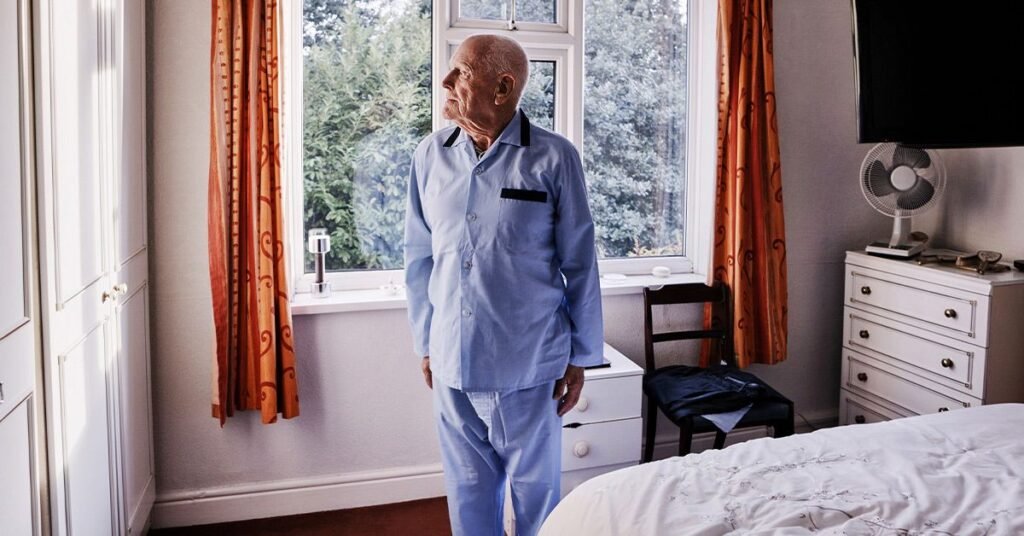A study presented at the Alzheimer’s Association International Conference 2024 has found a possible link between sleeping on one’s back, known as supine sleeping, and neurodegeneration. Previous research has shown that sleeping in a supine position for more than two hours a night may be associated with an increased risk for neurodegenerative diseases. The study, conducted by Advanced Brain Monitoring, used the Sleep Profiler to assess participants’ sleep position and found that those with neurodegenerative conditions slept more than two hours in the supine position compared to the control group. This suggests a strong association between supine sleeping and neurodegeneration in conditions such as Alzheimer’s disease, Parkinson’s spectrum disorder, and mild cognitive impairment.
The accumulation of neurotoxins in the brain begins around midlife and can contribute to neurodegeneration 15-20 years before symptoms appear. When individuals sleep on their backs, the flushing of neurotoxins is less efficient, leading to a buildup of toxins over time. This inefficient clearance of neurotoxins, combined with the increased severity of sleep apnea when back sleeping, may contribute to neurodegeneration. While the research has established a strong association between supine sleep and neurodegeneration, it has not been proven that supine sleep causes neurodegeneration. Additionally, factors such as sleep deprivation, insufficient sleep time, and untreated sleep apnea can also contribute to the long-term risk of neurodegeneration.
Neurologist Daniel Truong, MD, agrees that more research is needed in this area to determine causality between supine sleep and neurodegeneration. While the association is compelling, it remains unclear whether sleeping in a supine position contributes to neurodegeneration or if individuals with neurodegenerative conditions are more likely to sleep in this position due to reduced mobility. Truong emphasizes the importance of integrating this new information with established treatments and lifestyle recommendations for managing neurodegenerative diseases. He suggests that discussions with patients about their sleep habits should be part of a broader conversation on brain health, particularly for conditions like sleep apnea.
While some emerging research suggests that sleeping in certain positions, such as on your side, may facilitate the brain’s clearance of waste products and potentially reduce the risk of neurodegenerative diseases, the evidence is not yet strong enough to recommend specific sleep positions for disease prevention. Truong advises readers to consult their doctor to evaluate their sleep habits and receive personalized advice, especially if they have other risk factors for neurodegenerative diseases. Ultimately, prioritizing good sleep hygiene and overall lifestyle factors is essential for reducing the risk of developing neurodegenerative conditions.
In summary, the study presented at the Alzheimer’s Association International Conference 2024 suggests a possible link between supine sleep and neurodegeneration, particularly in conditions like Alzheimer’s disease, Parkinson’s spectrum disorder, and mild cognitive impairment. While the research has established a strong association between supine sleep and neurodegeneration, more studies are needed to determine causality. It is important to integrate this information with established treatments and lifestyle recommendations for managing neurodegenerative diseases, and to consult with a doctor for personalized advice on sleep habits and overall brain health. Good sleep hygiene and lifestyle factors remain essential for reducing the risk of developing neurodegenerative conditions.












